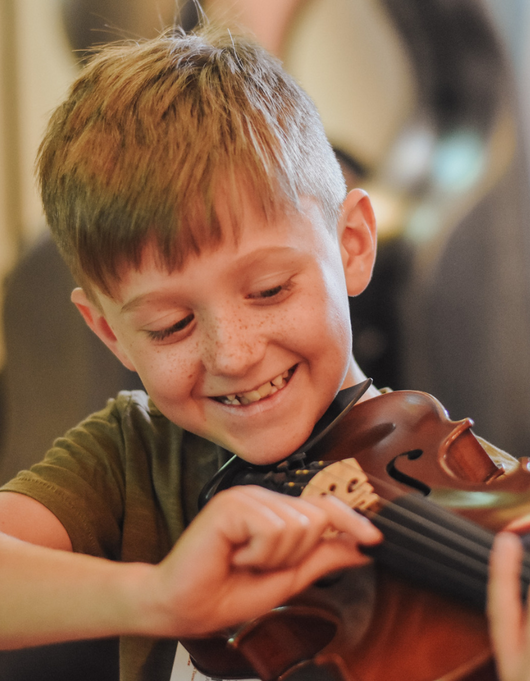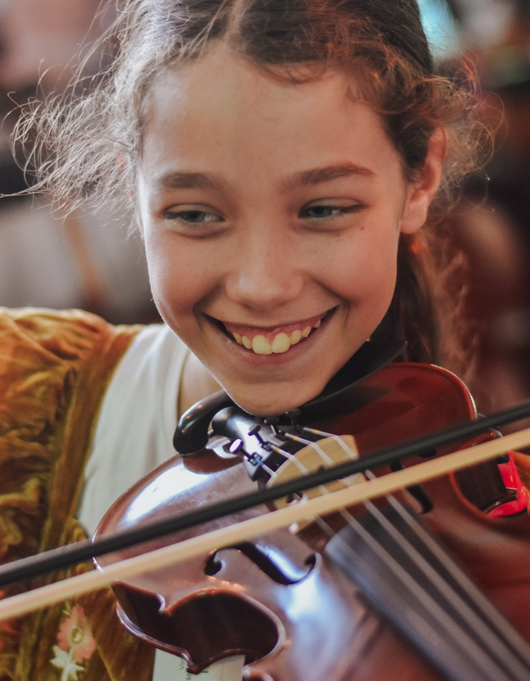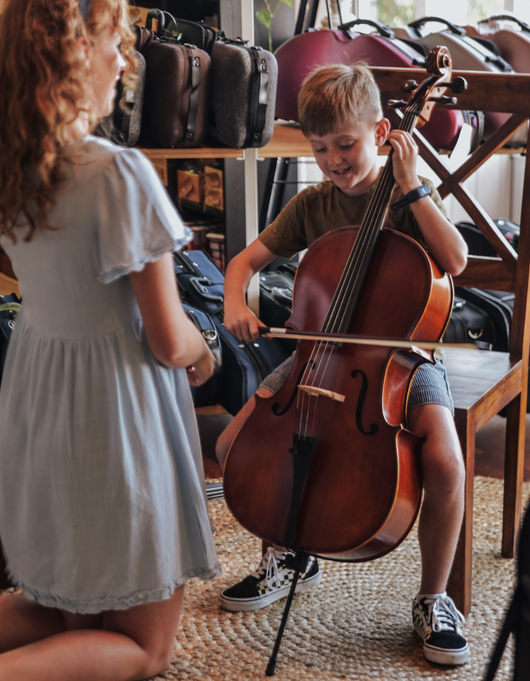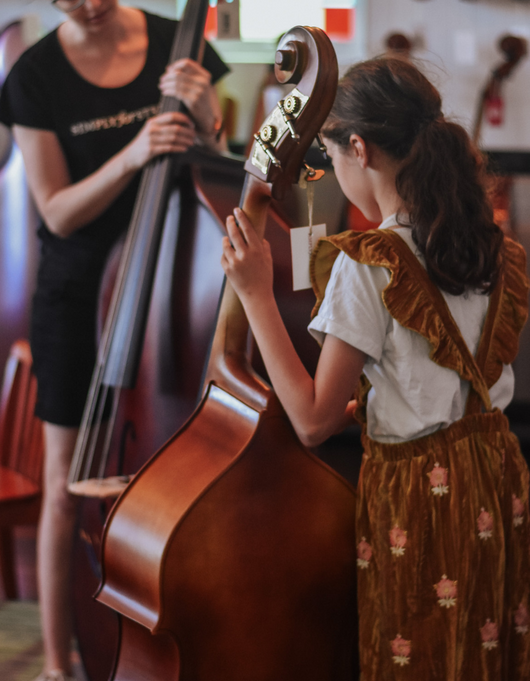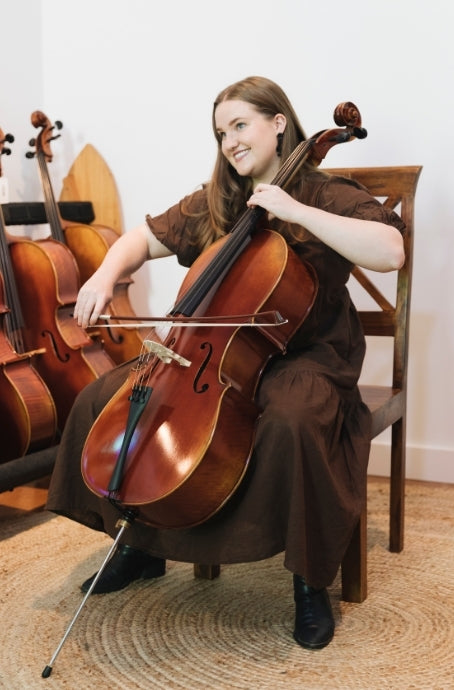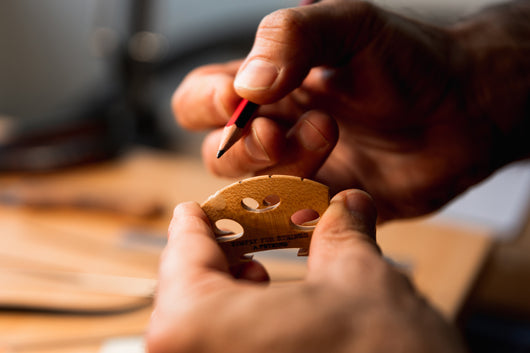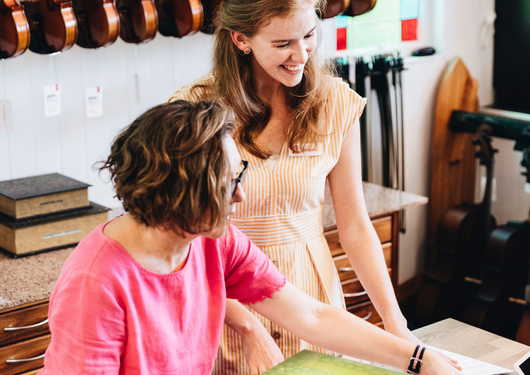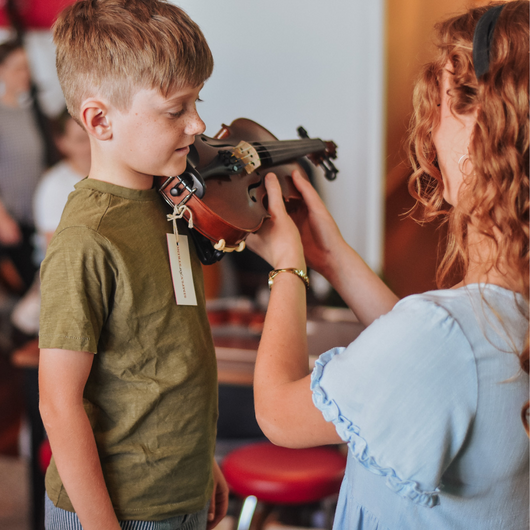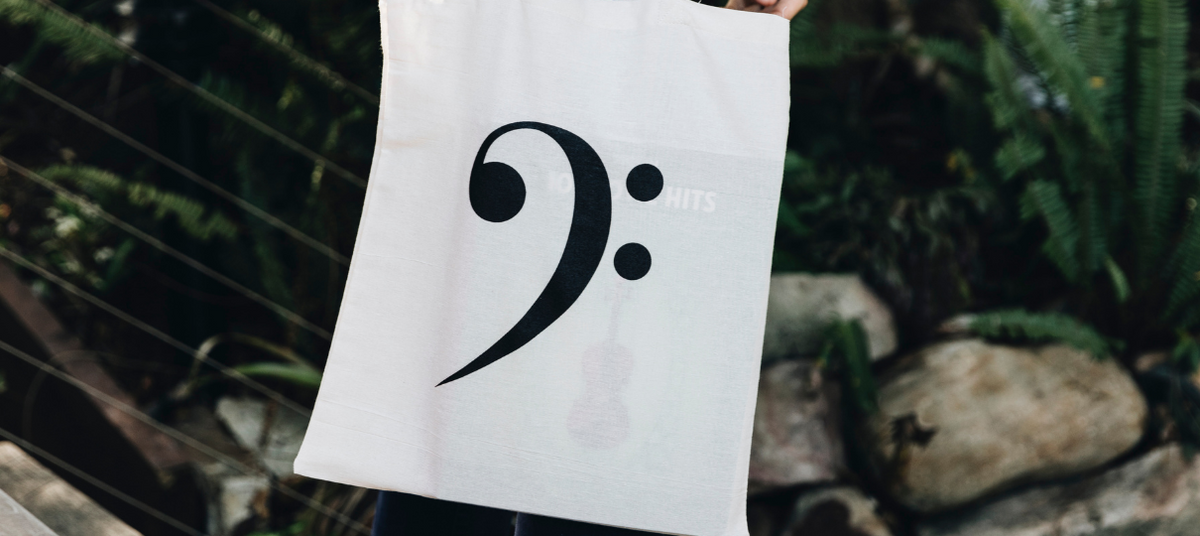If you didn’t get the opportunity to learn a musical instrument as a child, you may not know how important your parental influence is on your child’s music education! Here is some quick advice from our team of professional musicians and teachers for parents.
Firstly, get excited! Learning a musical instrument is so beneficial for your child’s growth and development.
“Science has shown that music’s effect on the brain is particularly strong, with studies demonstrating an improvement in IQ among students who receive music lessons. Advantages in the classroom have been identified for students who study musical instruments, and the effects of ageing on cognition may even be mitigated through lifelong musical activity.”
Learn more about the wonderful benefits of music education here.
Practice
Encouragement is key! Celebrate your child’s practice and development so your child feels supported in their musical journey. Putting time aside each fortnight or month for a mini-concert is a fantastic way to help your child learn performance skills, and to monitor their progress. Give them feedback on what you enjoyed, and perhaps what could be improved for next time.
Encourage your child to practice regularly, especially in short bursts. Short periods of practice time (say 20-40 minutes each day) is more effective than one big practice session on Saturday afternoon. But, remember, motivation comes in waves, so know when to push for more practice and when to call it a day. Setting a dedicated time slot in their day can be a good way to develop the habit of practice.
Use a dedicated space, such as a study or tidy bedroom, for practice. Make sure your child is using a music stand at the correct height, and has enough lighting. And don’t forget a pencil! They may need to circle something important on the page, or to start off with, write in the letter names of the notes.
Listening
Listen to lots of music - classical, romantic, baroque, orchestral, choral, jazz - you name it! Whether it’s in the car, or around the house, listening is critical for your child’s musical education. Chat to their teacher about specific recommendations, or use a tool like Spotify to get started. Listening can be beneficial for pieces your child is currently working on, or pieces they’d like to work on in the future.
Attend concerts if you can! QPAC Jam Sessions are free on Friday afternoons in Brisbane, but you can use Facebook to find free music events near you.
Lessons
Make sure your child is always prepared for their lessons and rehearsals with their instrument, sheet music, pencil and notebook. It’s best to arrive 10-15 minutes early to rehearsals and lessons so your child has enough time to unpack their instrument and get settled and ready to start.
Don’t be afraid to start a conversation with the teacher about what your child is working on and ways you might be able to help at home.
Instrument Tips
Your teacher will have lots of care and maintenance tips for your child to follow. There are a few critical things to remember:
- Keep the instrument in a climate-controlled area - avoid leaving the instrument in the car at all costs, and try to keep it in a controlled area at home too.
- Never use superglue, alcohol or furniture cleaners (or similar) on the instrument, strings or bow.
- Encourage regular cleaning of the instrument - using a soft, dry cloth to wipe away rosin dust after every practice session will ensure a long, happy playing lifetime.
- If the instrument has an accident (drops, knocks - we’ve all been there!) don’t panic. It is unfortunate, but very normal. Don’t attempt to repair the instrument at home. Visit your local luthier for all repairs and services.
- Avoid buying an instrument from general stores. These stores often don’t set the instrument up, so it may arrive to you unfinished, and requiring hundreds of dollars to be spent to get it to playing order. Support your local string instrument store, like Simply for Strings, instead!
Concert Etiquette
Be on time! Make sure your child is on time for their rehearsals, and that you arrive 10-15 minutes prior to their concerts to get a great seat.
Applaud at the end of each piece. If you’re not sure where to clap - that’s okay! You’re not being rude - you’re appreciating the music. If the piece has multiple movements, you generally don’t clap between each movement. Stay until the very end of the concert too - every teacher and student has put in a lot of time and effort.
Upgrading
If your child falls in love with the violin or cello, there’s a few things to keep in mind. You will most likely need to upsize and upgrade during their primary school and high school education. If your child starts at a young age, you may need to purchase 2-3 instruments until they get to a full size instrument.
Upgrading the quality of their instrument can be very rewarding for them as a player and you as a listener. There are affordable ways to slowly upgrade their sound - upgrading strings and bow - before you invest in an upgraded instrument.
Visit our blog, filled with resources and advice for players, teachers and parents.



